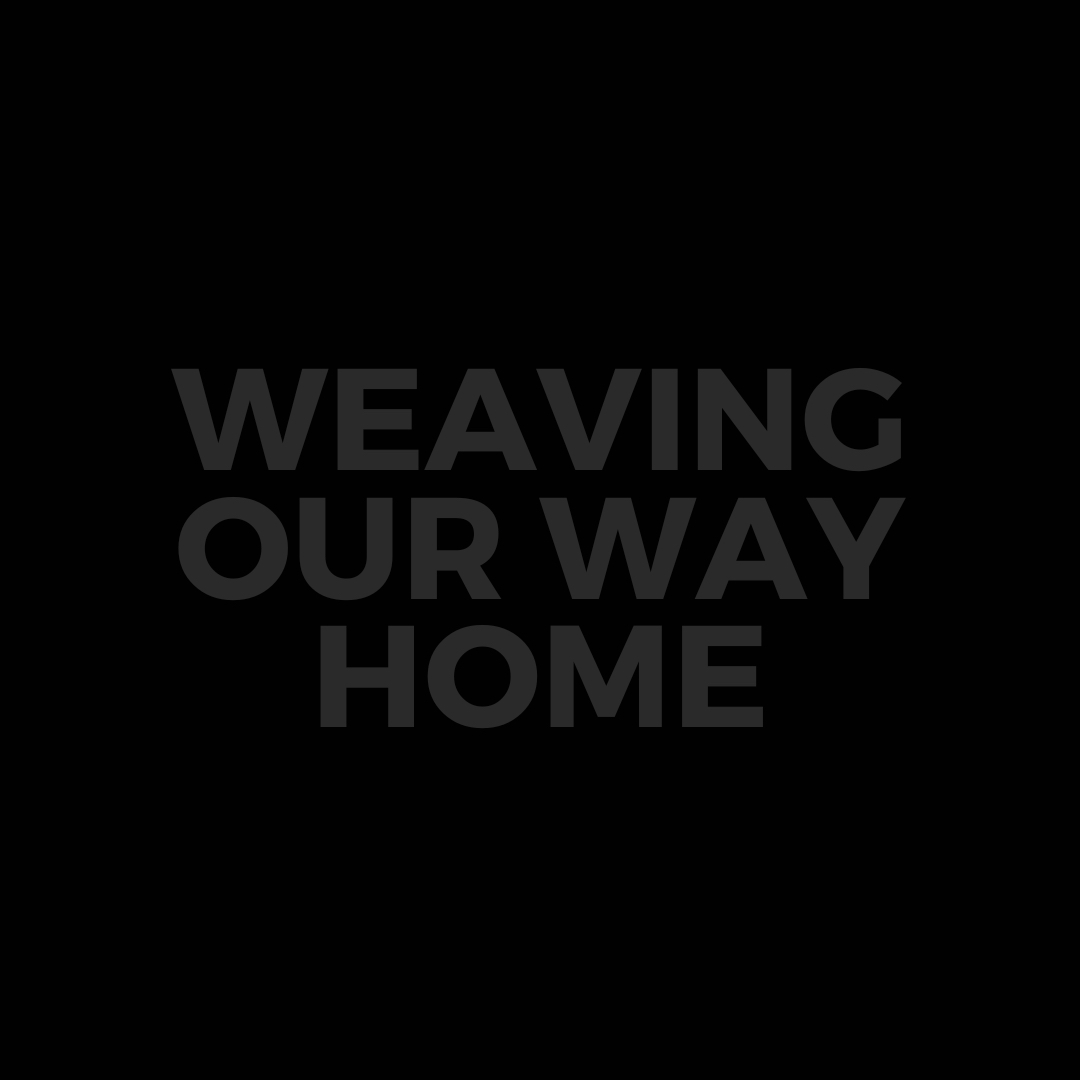
We were in Galveston. I was eight; my brother David was nine, and my sisters, younger. Our family was on a long weekend summer trip. We were staying at Gaido’s Seaside Inn on Seawall Boulevard next to Gaido’s Restaurant. For a kid, all day in the ocean, fried shrimp at night, and falling asleep to the sound of the tide along the Gulf of Mexico was as good as it gets.
The final day of the trip, David, my dad, and I went down the seawall over to Stewart Beach where they had a cheap little traveling carnival set up. It smelled of fish, and the staff was surly. Intuitively, I sensed the attractions were unsafe, most notably a dark fun house called the Dark Maze of Doom.
Nevertheless, David and I went inside as Dad waited for us outside. Soon my brother and I found ourselves in a long dark hallway which soon led to another dark hallway, and then another. You know when you go into a dark theater and you have to wait a little but then your eyes adjust? Well, that doesn’t happen in the Dark Maze of Doom. Still, we forged ahead, but then somehow we got separated.
All alone now, I recall wondering, given how cheap the whole operation was, how had the owners of this carnival mastered the science behind eliminating every conceivable photon of light in this place? That is to say, I was absolutely lost in pure metaphysical darkness. Of course, light, safety, my dad were really all just a few feet away outside the walls of this awful maze, but there was no way I could get to them. Finally, between my sobs, after what seemed like an eternity, some distance away I heard David’s voice calling my name, and it gave me the courage to call back. I wasn’t alone after all. He found some light, and we began to weave our way out of the dark. And though I wouldn’t, and of course couldn’t, articulate it this way until much later, I learned a Gospel lesson that day. It was this: even when light, security, and your Father are near, when you’re lost, alone, and in the dark, sometimes it takes your brother to rescue you.
A quarter of Americans say they have no close friends at all—no one with whom to confide about important matters; no one with whom to share life’s joys and burdens. And a full third of those over 45 years old confess that chronic loneliness is a fundamental challenge with which they’re struggling.
The obscure Old Testament book of Ecclesiastes, a book in which God is not mentioned much at all, we find this:
Two are better than one, because they have a good return for their labor. If either of them falls down, one can help the other up. But pity anyone who falls and has no one to help them up. Also, if two lie down together, they will keep each other warm. But how can one keep warm alone? And though one may be overpowered, two can defend themselves, and a cord of three strands is not quickly broken. (Ecclesiastes 4:9-12)
Quite straightforwardly we’re being told it is only with friends, among community, in relationship, that we survive and flourish as human beings. It is in communion with one another that we find the elusive meaning we’re all looking for but fail to find in so many other places. In short, we’re being told it takes a brother, a sister, to keep us from becoming hopelessly lost in the great maze of darkness our world sometimes presents. It’s so easy to overlook that God is present to us in one another.
Both Scripture and modern social scientists tell us with great confidence that we weave social fabric and a sense of flourishing back into our lives by working toward a “yes” on the following four questions:
- Do you have a family you love and who loves you?
- Do you have friends you trust and can confide in?
- Do you have work that matters to you?
- Do you have a worldview that can make sense of suffering and death?
I’m struck how all this is on offer to us in modern life each week in something known as the local church. Maybe you feel lost in a dark maze sometimes. If you’re looking for a remarkably efficient meaning-generating engine to find your way out, even if you’re not sure about the depth of your faith, or whether you have one at all, the church is a good place to start.
God — Help us weave our way out of isolation with community. Amen.
— Greg Funderburk





